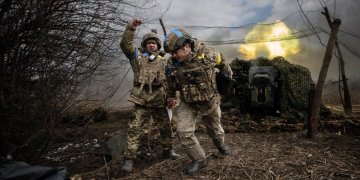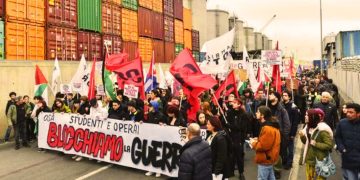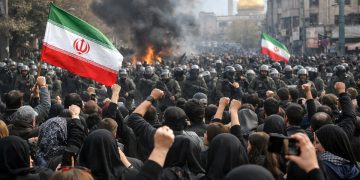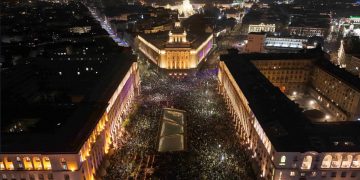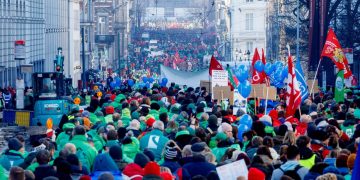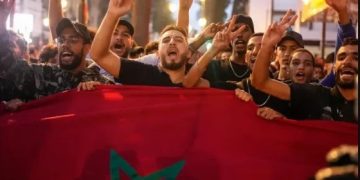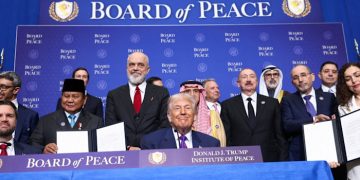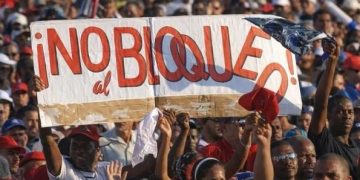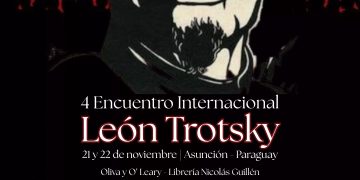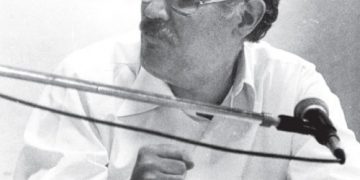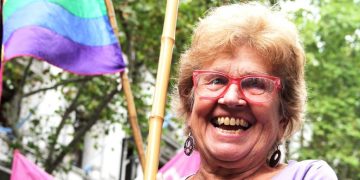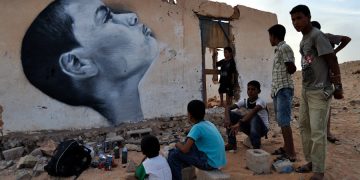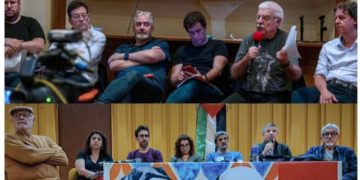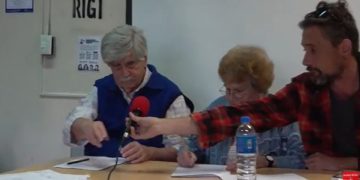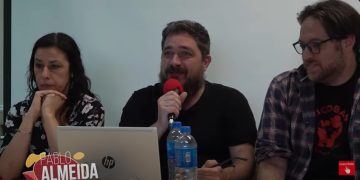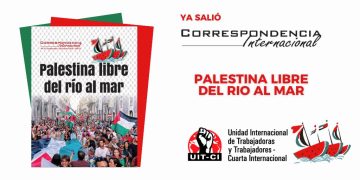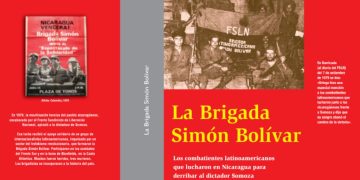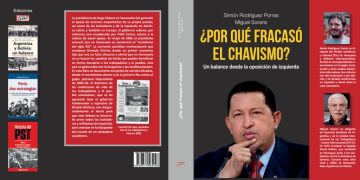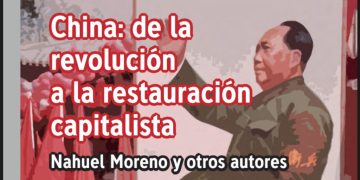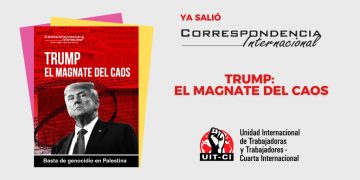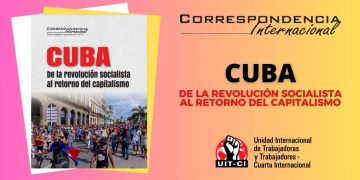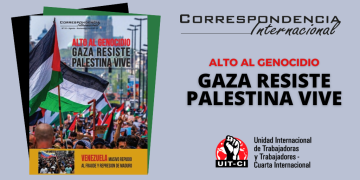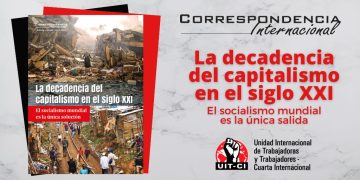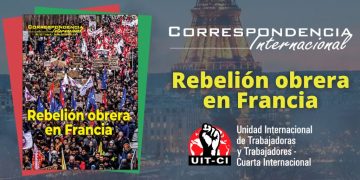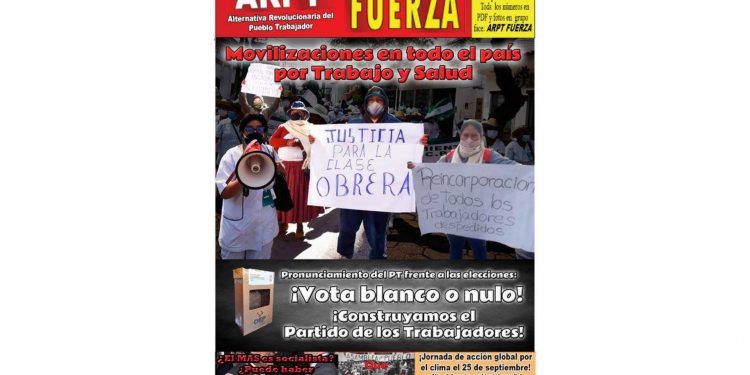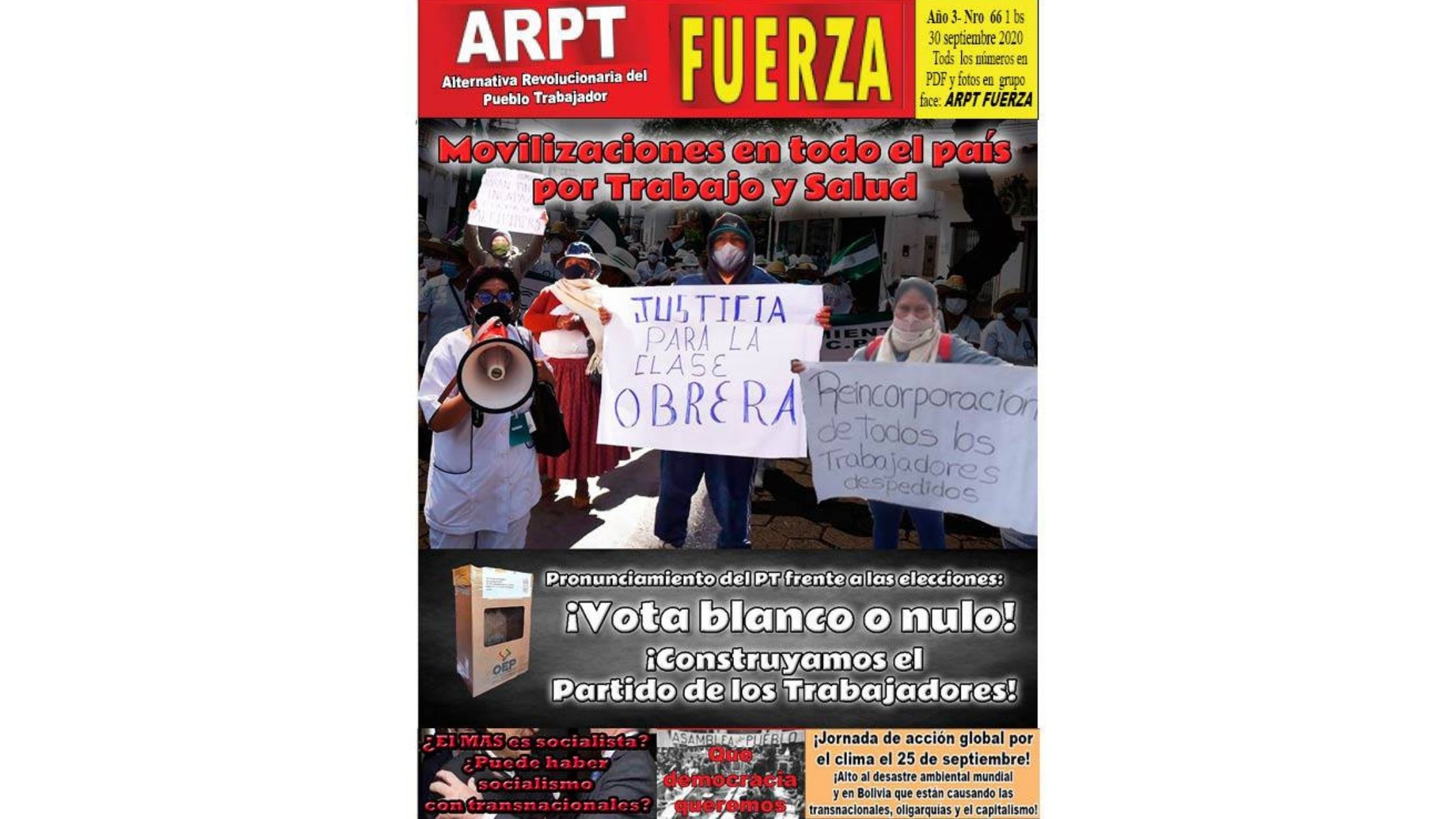 By Miguel Lamas, from Bolivia
By Miguel Lamas, from Bolivia
On 18 October there are national elections in Bolivia. Polls shiw that MAS would have some chance of winning in the first round. But there are still over 20 per cent of «undecided» voters and those who would go for «blank or null». If MAS does not reach 40 per cent and does not get over 10 per cent over the second candidate, there will be a run-off, and Carlos Mesa, today second in the polls, would win because he would gather the anti-MAS vote. All this amid deep health, economic and political crisis, which makes the outcome more unpredictable.
The de facto and reactionary government of Jeanine Añez, during the pandemic, had a disastrous economic policy for health and the popular economy, economically supporting banks and agro-industrial oligarchs. Besides this, there was rampant corruption, including the purchase of ventilators in Spain at a huge overprice that did not work. She did not even apply the paltry budget planned for hospitals.
According to official figures, Bolivia is the third country in the world in terms of deaths per inhabitant from coronavirus. But it may be the first on this macabre list. A report published by The New York Times reveals that the actual figures for the “extra” deaths in Bolivia, compared to other years, are presumably for the coronavirus.
The last one to turn off the light
Añez had to give up her candidacy for the presidency in the next elections, she obtained less than 10 per cent in the polls. Every week a minister resigns. All those who supported her at first, including Carlos Mesa and the ultra-right-wing Luis Fernando Camacho, and even her party, the Democrats, went over to the opposition, with harsh public criticism, faced with the overwhelming popular rejection of her government.
The MAS was a government´s accomplice through Parliament since it passed no laws in favour of the popular economy and health. having two-thirds of parliamentarians. Nevertheless, it strongly denounced Añez.
Elections in the middle of the crisis
In this context, the elections take place amid important workers’ struggles against lay-offs, and health workers’ struggles for their labour rights, for PPE, equipment at the hospitals, etc. Struggles that do not have the support from the Bolivian Workers Central Union (COB).
There are seven electoral fronts, of which only two are competing for the presidency, Luis Arce (MAS, 40 per cent of valid votes in polls) and Carlos Mesa (Citizens’ Community, 32 per cent of valid votes), and a third, Luis Fernando Camacho, from the far right (16 per cent), and over 20 per cent of citizens who do not answer or declare their vote null and void. To avoid a run-off, the first must obtain over 40 per cent of valid votes, no blank or null votes, and a difference of over 10 per cent over the second.
Although it seems less likely, the MAS could win in the first round. If there is a run-off, Carlos Mesa would win by gathering all the anti-MAS votes.
MAS maintains a strong vote
The MAS governed since 2006 and got 64 per cent of the votes in 2014, suffered significant wear and tear with the collapse of hydrocarbon prices, because of its false «Andean socialism» that did not comply with a true nationalisation of gas and mining, it agreed with the agro-industrial oligarchy and with the mining (Sumitomo) and gas (Repsol) multinationals to which it gave more and more advantages. It even resorted to the repression of workers and indigenous people and to the submission of their organisations.
Therefore, numerous workers broke with MAS. However, Añez disastrous government and the lack of electoral alternatives allow MAS to keep the vote of big popular sectors, peasants, indigenous people and precarious workers, who do not want the right-wing in power. And somehow, they are confident that the relative economic boom of the first years of the MAS government will return because of high international gas and mineral prices.
Arce and Mesa are campaigning selling a bill of goods, without mentioning what they will do with the decisive economic dominance of the gas and mining multinationals and the agribusiness landowners, or with what measures they can avoid the increasingly serious economic crisis being unloaded on the working people.
Everything indicates that, whoever wins, Mesa or MAS, will be a government of crisis and not at the service of the working people and peasants. Nor can an immediate post-electoral crisis be ruled out due to a confusing result, allegations of fraud, etc.
Null or blank vote and building the Workers’ Party
The Workers’ Party (PT), which is part of the ARPT section of the IWU-FI, founded by a congress of the COB in 2013, now under reconstruction, and lacking electoral legality, calls for a white or null vote.
The PT considers that both Mesa and Camacho express openly anti-popular pro-imperialist forces, which disguise themselves as «democratic», and that the MAS, although it retains part of its popular, peasant and workers’ base that does not want a right-wing government, is false socialism that has already failed. Its candidate, Luis Arce, was the MAS Minister of Economy who betrayed the October Agenda and kept the transnational gas ownership. Now he continues to support a capitalist plan to return to agreements with the multinationals and agribusiness, as he did in his previous government, but in a much worse national and international economic situation.
That is why the call of the PT is to a white or null vote and to fight to unite the workers of the city and the countryside to build an alternative to defend their own class interests, to face the anti-popular capitalist austerity plans, to expropriate the multinationals and the big landowners, to promote a popular economy by supporting peasant agrarian production and industrialisation that respects nature and to defend the labour and indigenous rights, by a government of the working people based on popular assemblies.








